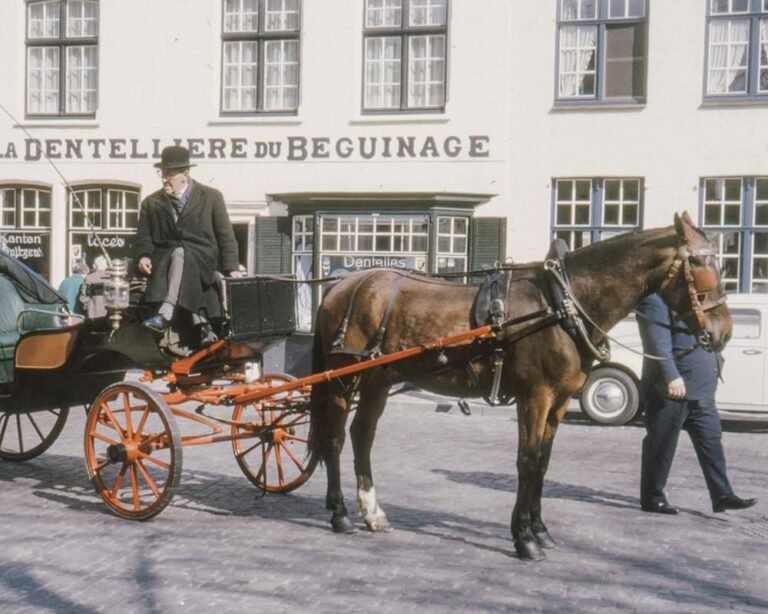Telling time
Learn how to talk about the time in French, using these easy phrases.
- What time is it? = Quelle heure est-il ? (What hour is it?)
- It is 8am = “il est huit heures” (It is eight hours).
- It is 2pm = “il est quatorze heures” (It is 14 hours).
- It is 2 o’clock in the afternoon = “il est deux heures de l’après-midi” (It is two hours of the afternoon)
- It is 9pm = “il est 21 heures” (It is 21 hours).
- It is 9 o’clock at night = “il est neuf heures du soir” (It is nine hours of the evening)
- It is 7 o’clock in the morning = “il est sept heures du matin” (It is seven hours of the morning)
- It is 10.30am = “il est dix heures trente.” (It is ten hours 30).
- It is half past 10 = “il est dix heures et demie.” (It is ten hours and half)
- It is 10.15am = “il est dix heures quinze.” (It is ten hours 15).
- It is a quarter past 10 = “il est dix heures et quart.” (It is ten hours and quarter).
- It is 9.45am = “il est neuf heures quarante-cinq.” (It is nine hours 45).
- It is a quarter to 10 = “il est dix heures moins le quart.” (It is ten hours less the quarter).
- It is noon or midday = “il est midi.” (mi = mid, and di = dies [in Latin] = day)
- It is midnight = “il est minuit” (mi = mid, and nuit = night)
- I’ll see you at 2pm = “Je vous verrai à 14 heures.” (I will see you at 14 hours)






